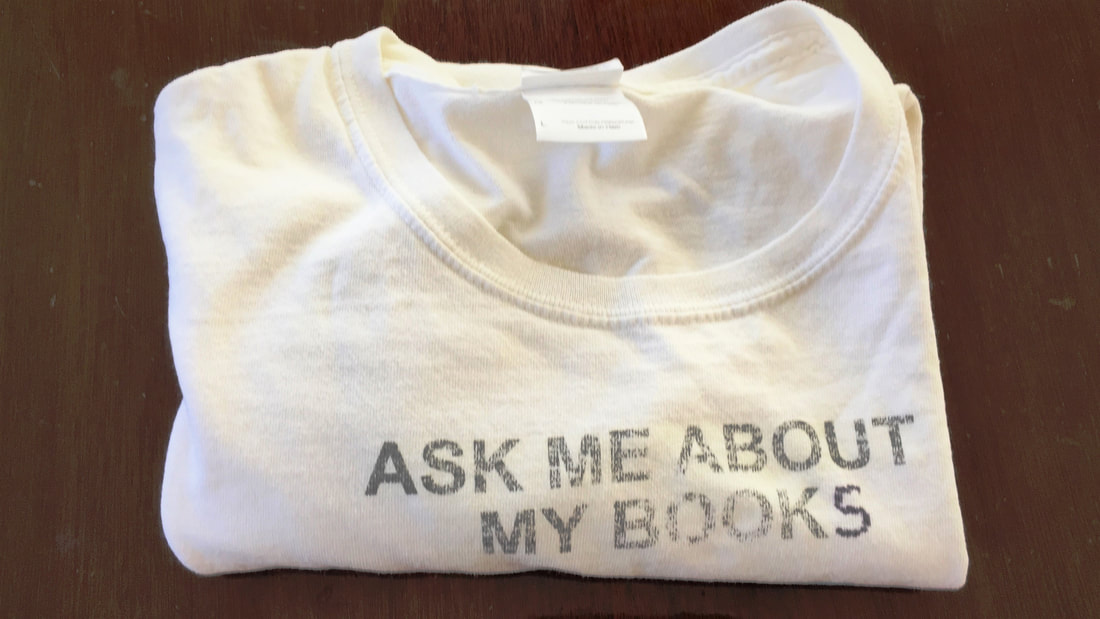|
This is an interesting one. And possibly subject to misinterpretation. So let me say right up front that—in my opinion—self-belief (or any other phrase describing how we view ourselves and our place in the world) is important, and can affect how we navigate the world. But not for some mystical reason. In my view, this stuff works for reality-based reasons. Our brain is basically a machine that programs itself, constantly taking in whatever information is within grasp and using it to add to its programming. You can’t really stop the process, but you can help determine what you program it with. (This is similar to the “read good, write good / read bad, write bad” effect we discussed earlier, where what we put into the process helps determine what comes out. Or, as my dad used to say, “Garbage in, garbage out.”) Critical to understanding this is grokking that parts of our brain literally can’t tell the difference between truth and fiction. (Here’s the easy proof: Have you ever been scared by a movie? Sure. And yet, in the middle of the film, if someone were to stop the projector and asked you, “How was this created, and is it real?” you’d answer, “Those are actors, on a sound stage, surrounded by a crew of technicians, being filmed as they say lines written by someone else. It’s complete fiction.” And yet… a good horror film can scare the crap out of you. Because that emotional-response part of our brain believes what gets fed into it, and responds accordingly. Without regard for the “truth or fiction” aspect of it… assuming it appears enough like truth to not throw us out of the story.) So, on some level, parts of our brain tend to believe what we put in front of it. Which is why visualization is now an integral part of virtually every serious athlete’s training… if for no other reason than the pragmatic fact that it just works. Same for self-talk or affirmations or anything else of that nature. Just recently I heard a best-selling author describe—in a podcast—her little informal writing group’s methodology. In brief: the writers (all novelists) bring a couple of pages from their WIP, they read them before the group, the group responds with positive feedback, and… that’s it. Done. No “Here’s what’s not working” or “Here’s what I would have done” or “Why did you do this?” or “Instead of doing that, why don’t you…” or critical commentary at all. After describing their method, she laughed and said, “I know it sounds silly, but it works.” It didn’t sound silly to me at all… it sounded brilliant. These aren’t beginning writing students (in need of the fundamentals), these are experienced novelists. Who have figured out that the most pragmatically useful thing to them—in the middle of drafting a novel—is simply holding the belief that they’re doing good work. Period. Sure, there’s always a time and place for looking at things with a critical eye. But in the middle of the slog, thinking that all this work is worthwhile… that it’s adding up to something good and special and valuable… is critical. Otherwise you’ll likely never finish. Because it’s hard to do good work if you don’t believe that you’re capable of doing good work. And if you don’t think you can do it… you probably can’t. Because you’ve convinced that part of your brain where emotional decisions are made that you can’t do it. But what if we did the opposite? What if we fostered an emotional belief, deep inside, that we were capable of good work, if only we applied ourselves to the point of completion? The odds of us finishing at all—let alone producing something good—just went up exponentially! It’s not some woo-woo mystical thing. Yes, you still have to have the goods (and/or do the hard work of turning the not-so-goods into the goods, which is how virtually all writers do it). But that can come after you’ve finished the initial marathon of getting those 100,000 words onto the page. In the middle of the march, you need to believe that you can do it. When people talk themselves down, I sometimes say, “Be careful what you say, because someone’s listening… you.” There’s a fascinating little story around the shirt in the photo (which was given to me back when my first novel was published). I’ll let you deduce your own version of it (and put it in the comments if you like) because (a) you’re a writer and that’s what writers do, and (b) I don’t want the synchronicity of it to detract from the overall message… To wit: How you think about yourself—and your work—matters. Don’t stop believing!
2 Comments
|
The Craft and Business of
|

 RSS Feed
RSS Feed